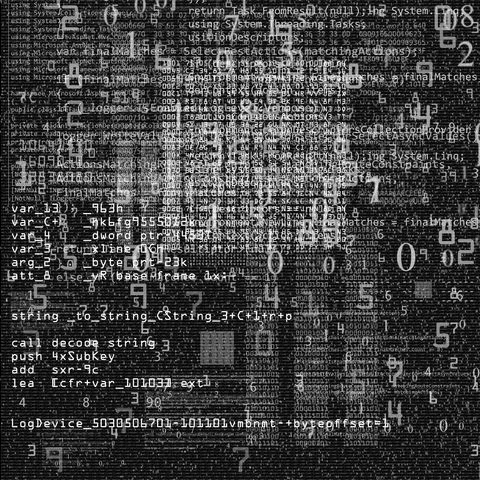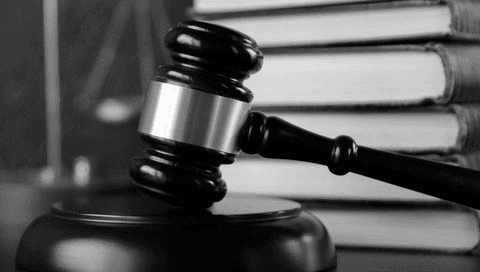The PTAB denied a petitioner’s motion to compel routine discovery that sought information from a parallel ITC investigation for alleged inconsistent positions taken by patent owner in the IPR. The board found that patent owner had not taken inconsistent positions but warned patent owner that it had an ongoing duty to produce any information inconsistent with arguments made during the present IPR, even if that information related to arguments patent owner had dropped at the ITC.
The patent at issue related to gallium nitride (GaN) semiconductor devices. Petitioner alleged that patent owner was violating mandatory disclosure rules by not producing a textbook and expert testimony from the parallel ITC investigation that contained information inconsistent with patent owner’s IPR positions. Petitioner also argued that patent owner had to produce other non-public information that contained inconsistencies, including non-public exhibits in its ITC complaint, an expert report, and deposition transcripts.
The ITC information in question related to the role of hydrogen in GaN layers. Petitioner argued that the ITC arguments regarding the presence of hydrogen in a compensated GaN layer was inconsistent with patent owner’s IPR arguments. In response, patent owner explained that its ITC evidence showed that the GaN layer is compensated and contains hydrogen and magnesium, which was consistent with its IPR argument that “the mere presence of hydrogen is not enough to evidence a compensated GaN layer.” Patent owner also argued that the textbook produced in its ITC proceeding did not mention GaN at all, while its IPR arguments pertained specifically to GaN. Lastly, patent owner noted that demanding production of the textbook was unnecessary because petitioner could depose its expert on the textbook.
The board found that patent owner had not violated routine discovery rules and, in so finding, agreed that patent owner’s evidence was not inconsistent with its ITC positions. The board was also persuaded by patent owner’s certification under 37 CFR 42.51(b)(1)(iii) that it had investigated the potentially inconsistent information, and to the best of its knowledge, complied with its routine discovery obligations. The board explained that petitioner can still assert potentially inconsistent evidence, and any inconsistency would “serve to damage the credibility of [patent owner’s] arguments.” At this point however, the board found no such inconsistencies. Lastly, the board reminded patent owner that it has an ongoing duty to provide inconsistent information from the parallel ITC investigation, regardless of whether its position had changed in the interim.
Practice Tip: Parties in proceedings before the board have an ongoing duty under 37 C.F.R. § 42.51 to serve information inconsistent with a position taken in a parallel action. When faced with an allegation of withholding inconsistent information, parties must exercise diligence and investigate such claims to ensure satisfaction with the board’s evidentiary rules, especially when parties’ positions evolve in response to fact or expert discovery.
Innoscience Tech. Co., Ltd. v. Efficient Power Conversion Corp., IPR2023-01381, Paper 25 (August 8, 2024).




